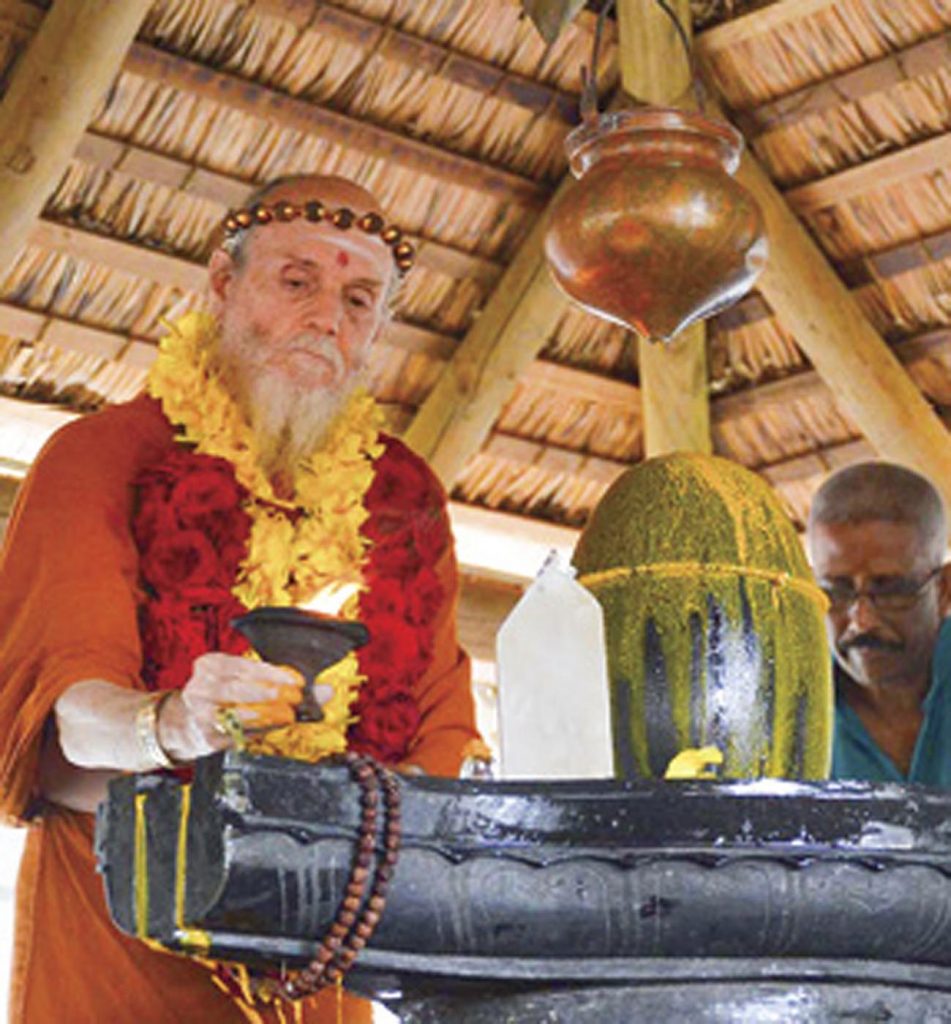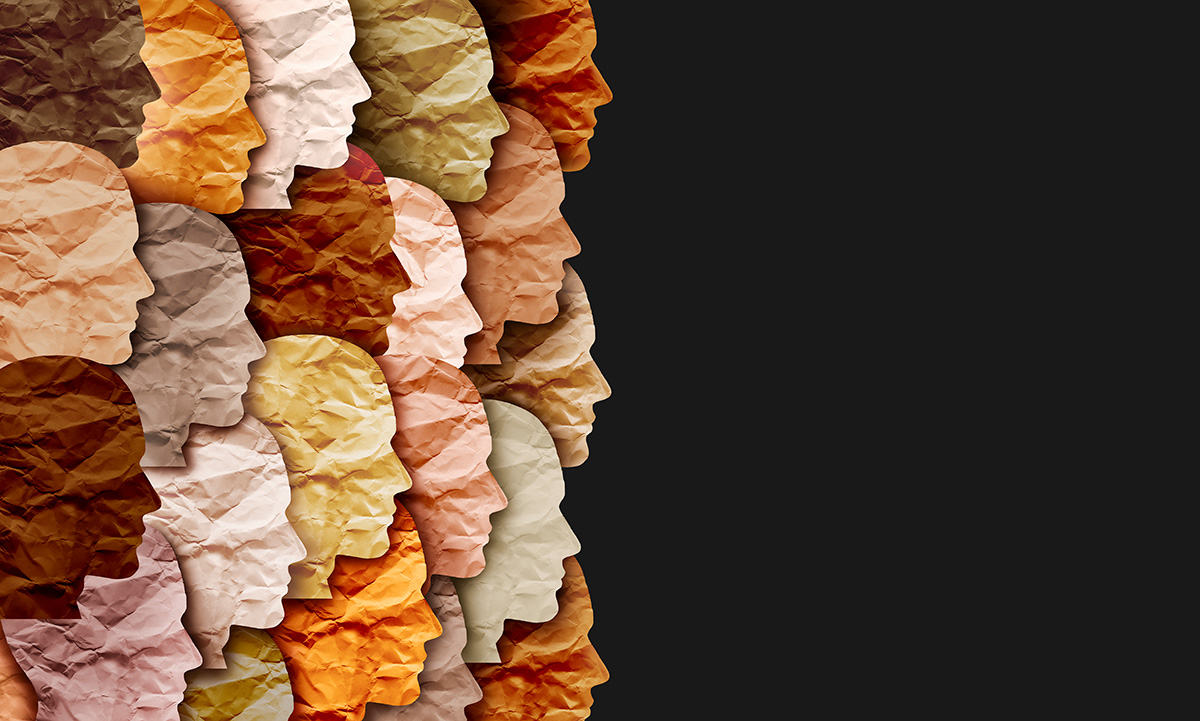prasad1
Active member
By Satguru Bodhinatha Veylanswami

World populations are experiencing ever-increasing diversity in their interpersonal and international interactions. This is due to freer immigration and refugee movements, global travel and, perhaps most significantly, increased Internet exposure to other religions, cultures, belief structures and ethnicities. Some people are comfortable with this burgeoning diversity and can be described as tolerant individuals. Their response to those who are different is to accept and trust, befriend and help.
Others are viscerally uncomfortable and can be described as intolerant. Their response to those who are different is to reject and distrust, hate and even inflict injury. Intolerance is the root cause of a significant amount of the violence in the world today.
Intolerance manifests in degrees. Let’s review common terms used to describe this narrow-minded outlook, in the order of the harshest to the mildest forms. (Definitions are from www. dictionary.com.)
hatred: intense dislike or extreme aversion or hostility.
bigotry: stubborn and complete intolerance of any creed, belief or opinion that differs from one’s own.
intolerance: 1) unwillingness or refusal to tolerate or respect opinions or beliefs contrary to one’s own; 2) unwillingness or refusal to tolerate or respect persons of a different social group, especially members of a minority.
prejudice: unreasonable feelings, opinions or attitudes, especially of a hostile nature, regarding an ethnic, racial, social or religious group.
bias: a particular tendency, trend, inclination, feeling or opinion, especially one that is preconceived or unreasoned.
The goal is tolerance: a fair, objective and permissive attitude toward those whose opinions, beliefs, practices, racial or ethnic origins, etc., differ from one’s own; freedom from bigotry.
In Hinduism, tolerance is honored as a great virtue, supported by three fundamental beliefs. The first belief is on the nature of God. Hinduism has a wide diversity of traditions, but followers of the different traditions respect one another and worship side by side in many temples. Through India’s long history there arose four principal Hindu denominations: Saivism, Shaktism, Vaishnavism and Smartism. To Saivites the Supreme is Siva. Shaktas refer to the Supreme as Shakti, to Vaishnavas He is Vishnu and Smartas call the Supreme Being Brahman. The name is different, the tradition is different, but it is the same Supreme Being that is being worshiped by all Hindus. An ancient verse from the Rig Veda (1.164.46) is often quoted in this regard: Ekam sat viprah bahuda vadanti. “Truth is one, sages express it variously.”
--------------------------------------------------------------------------------------------------------
Tolerance is part of the Hindu DNA, so it is essential that all Hindus—especially younger Hindus—clearly understand its importance and share such acceptance with others. In speaking at the Global Forum for Human Survival, Development and Environment in Moscow in 1990, Gurudeva stressed the need to teach tolerance to younger generations: “We need, in the century ahead, to teach all children tolerance, openness to different ways of life, different beliefs, different customs of dress and language. We need to stop teaching them to fear those who are different than themselves, stop teaching them hatred for peoples of other colors and other religions, stop teaching them to see the world as a field of conflict and instead instill in them an informed appreciation and a joyous reverence for the grand diversity we find around us.”

Tolerance: A Hindu Viewpoint - Hinduism Today
In a world mired in stubborn opinion, bigotry and callousness, it is important to reflect on ideals that can be an antidote. By Satguru Bodhinatha
 www.hinduismtoday.com
www.hinduismtoday.com
In the present atmosphere in India, Hindu tolerance has been portrayed as a Hindu weakness. That is unfortunate
The present leaders are either preaching voilence or keeping quite and encouraging their henchmen to do the deed. I was In India for a month. Listening to my family and friends and watching Indian TV The ideal of telerence has all but disappeared from the conversation. It is sad to see India tearing itself up.
Last edited:
